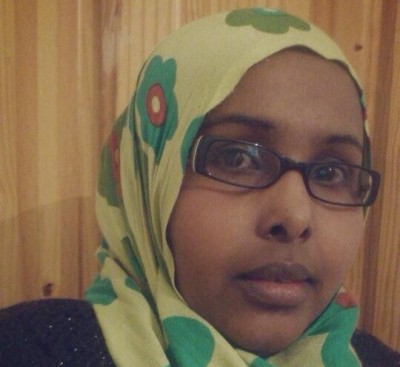The upcoming conference in London, to be co-hosted by David Cameron and the Somali President, Hassan Sheikh Mohamud, on May 7th, marks a new beginning in terms of Somalia’s relationship with the international world. This and the G8 Foreign Ministers Meeting last week, where Somalia was a key issue on the agenda, as well as recent recognition of the Somali government by the IMF, can only provide hope and inspiration after so many years of conflict.
Somalia has been in turmoil for over two decades, experiencing many different forms and levels of conflict since 1991. However, in the past two years the country has experienced dramatic changes in terms of both security and political improvements, as the country moves into a post-conflict recovery stage. The most significant recent political development is, of course, the appointment of the new federal government last September, which marks the end of decades of surviving with purely transitional governments. Also significant, is the government’s capture of most of the main towns from anti-government elements of the military group, Al-Shabaab, with the help of African Union troops (i.e. AMISOM).
Somalia is at a unique point of transition from chaotic survival into, hopefully, a productive, stable and peaceful state. There is however, a long way to go.
As a consequence of the prolonged and devastating civil war, the national economy is barely existent and the country has inevitably suffered major economic difficulties. Similarly, most of the national institutions, including financial institutions, the social sector, the security services and health, education, communications infrastructure have been extremely affected and completely destroyed. This has left the country with one of the lowest GDPs in the world, the second highest maternal mortality (1,000 deaths/100,000 live births) and infant mortality rates (103.72 deaths/1,000 live births). As well as having one of the lowest literacy rates (37.8%) in the world. A large proportion of the population have suffered both direct and indirect effects of the civil war. In particular these include the abuse of people’s human rights in many forms: civil, political, social and economic. Poverty has many dimensions and the lack of human rights is both a result and a cause of this. As a consequence a large percentage of the Somali people suffer poverty that is associated with poor health and lack of other basic social care services, lack of skills, lack of formal education.
Other than the recent promising political opportunities, the country still faces twin challenges associated with security and development. The government experiences security pressures from inter-clan conflicts, piracy and Al-Shabaab, who still control several regions of the country. There are numerous other humanitarian needs as over 2.5 million people are still in dire need, scattered in different IDP (internally displaced people) camps around the country. There is clearly a foundational need for the stabilization and revival of the country’s real economy.
That said, the recent international community support and the engagement of the new central government is a hopeful beginning for Somalia and the Horn of Africa as a whole. Recognition by the international community and international financial institutions, especially the IMF and the World Bank, will be a great assistance to the government in accomplishing its main agendas and the establishment of a peaceful nation. They can contribute to the country’s macro-economic recovery policies (including monetary policies) as well as to social recovery and improvement of local security systems. The growth and stabilization of Somalia’s economy will contribute to the achievement of a healthy and socially supportive Somalia, as the employment rate will increase and successful social reintegration will become established. A successful macro-economic equilibrium will prevent a relapse into insecurity and disruption in the future.
For this, the financial support and technical assistance of the IFIs and other international bilateral donors, is essential. They are in a position to ensure the full restoration of essential government institutions including the effective delivery of health care system, education, improvement of justice and judiciary systems. As with all the institutional infrastructures, these haven’t been working effectively for over two decades.
There is also a need for immediate support for the current government, to help work towards feasible reconciliation strategies and plans, or even the development of a reconciliation commission. Since the country has suffered a civil war fuelled by inter-clan conflicts, such intervention will contribute immensely to peace in Somalia as the government strives to achieve some sustainable solutions to the impasse situation. Such a strategy is needed to prevent further security risks and improve social cohesion.
Now is the time for Somalia. But, for the government plans to succeed, International support is essential in order to end the chaotic stage and move to a stable Somalia.
Faiza Abdirashid is a 2012 Chevening Scholar from Somalia. Faiza is studying for an MSc in Public Policy at the University of Bristol. If you are a Chevening scholar and are interested in submitting a blog entry for the Chevening Conversations blog, then please email us at fcoscholarships@fco.gov.uk.

